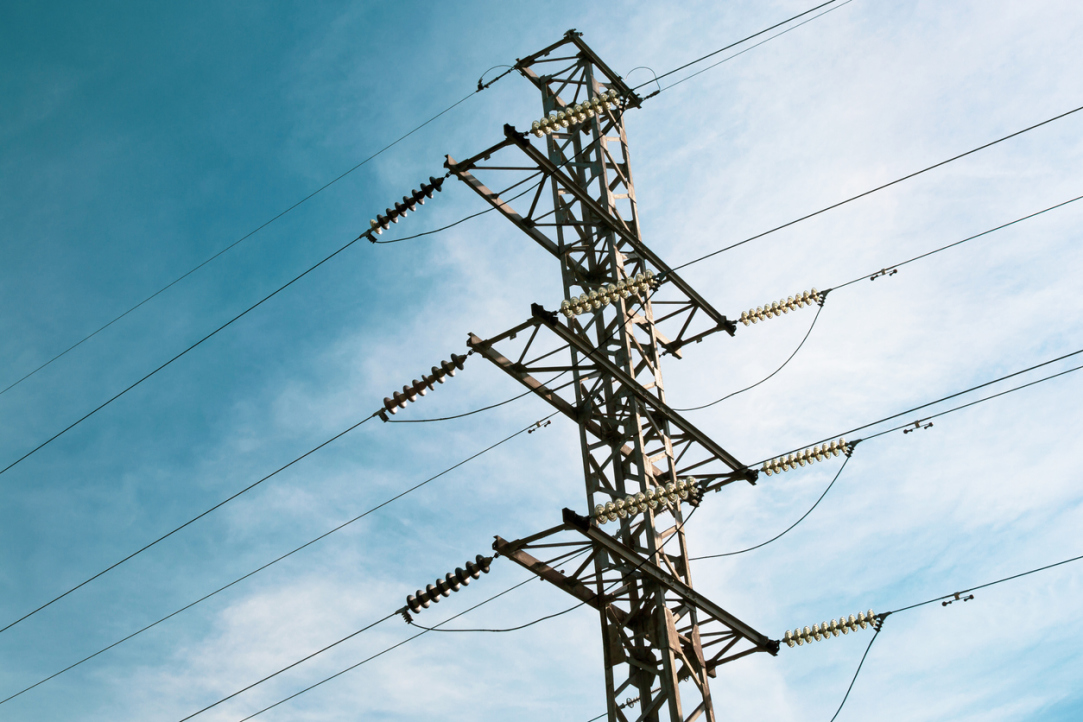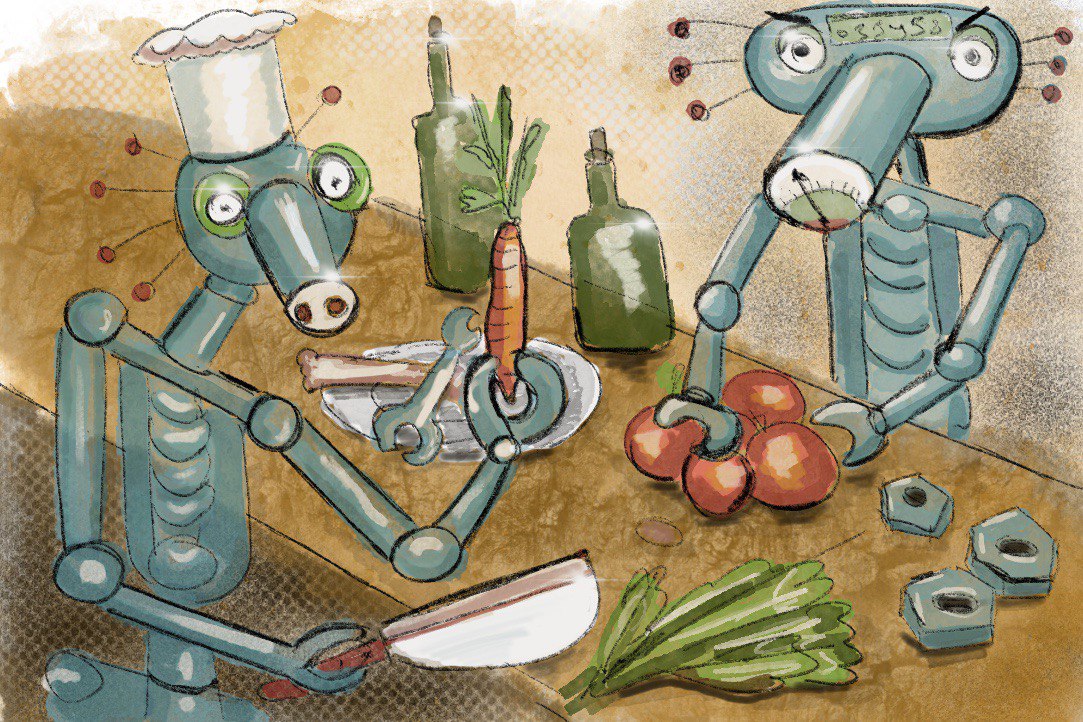
Scholars Gauged Energy Inequality among Eurasian Economic Union Member States
The UN member states pledged to achieve 17 Sustainable Development Goals (SDGs) by 2030 that are aimed at saving the planet’s resources and increasing overall well-being. One — Goal 7 — sets out to “ensure universal access to affordable, reliable, sustainable and modern energy.”

CPD Training of Staff Boosts Self-confidence
There is a significant psychological effect of continuing professional development programmes, i.e. people feel more confident in solving problems. After training, employees note that they cope better with tasks both at work and home.

The Misadventures of Soviet Furniture
In the late 1950s, Soviet designers created something unprecedented in the Soviet Union — lightweight, modular furniture for the entire apartment. However, their progressive take on interior design clashed with reality. The system trumped common sense, with the result that the best entries in the first national competition for furniture designers remained little more than good intentions. HSE University Art and Design School instructor Artyom Dezhurko studied the history of the competition.

Online Platforms Force Russian Freelancers to Work Nights And Weekends
To get work in a highly competitive environment, freelancers adapt their own routines to the needs of their clients, so they have to work long hours not only during the day but also during non-standard hours, obeying the unwritten laws of online platforms.

Individuals Perceived As Highly Intelligent More Likely to Get Away with Sexism And Harassment
Regardless of personal ideas about gender equality, people tend to turn a blind eye to someone else’s sexist attitudes if they perceive this person as having positive and valuable characteristics such as high intelligence.

The Trauma of Chernobyl: Why Our Collective Memory of Disasters Tends to Fade with Time
This year marks the 35th anniversary of the Chernobyl disaster. The event recedes ever further into the past, but the legacy of the trauma it caused endures. That stress produced trauma, and the trauma became part of Russia’s collective memory. Sociologists Yulia Belova, Margarita Muravitskaya and Nadezhda Melnikova of HSE’s Institute for Applied Political Research and Laboratory for Studies in Economic Sociology researched what this means for people who lived in the radioactively contaminated zone around the reactor and why the collective memory of the accident might disappear.

Bachelors Benefit from Shorter Study Duration
Four-year, instead of five-year, degree programmes shave off a year of study, thus saving considerable time and money, and allowing graduates to find employment and build work experience earlier, which eventually translates into a higher salary. This raises the question of whether a fifth year of undergraduate studies brings any returns at all.

Digital Transformation: How Technologies Transform the Economy and the Social Sphere
The dazzling evolution of digital technologies is changing the face of the economy and the social sphere. Some Russian sectors — such as the manufacturing industry and financial services — are well-aligned with the global trend, while some others are lagging behind, thereby creating risks for the country's economy. A team of HSE ISSEK researchers examined current approaches to measuring digital transformation and focused specifically on its uptake by a few key sectors of the Russian economy and services, benchmarking them against the global situation. The study findings were presented in the report 'Digital Transformation of Industries: Starting Conditions and Priorities' at the XXII April International Academic Conference co-organised by HSE University and Sberbank.

HSE University Succeeds in Measuring Impostor Syndrome
Very little attention has been paid to the impostor syndrome phenomenon in Russian scientific literature. Moreover, until now, no Russian-language methodology has been tested to measure the severity of impostor syndrome. This situation has been rectified by scientists from HSE University and the Russian Presidential Academy of National Economy and Public Administration (RANEPA).

Remote Learning Struggles: Undergraduates’ Anxieties at the Onset of Online Learning
A year ago, in March 2020, the COVID-19 pandemic and related lockdowns caused Russian universities to switch to distance learning. Emergency digitalisation, embracing new teaching and learning formats and switching to remote teacher-student communication — all of this was a challenge, but the universities found ways to cope. Students also learned some vital lessons outside of the curriculum. This unusual, challenging situation gave rise to various fears and concerns about distance education — and also highlighted what remains essential to the learning process, no matter its mode.

